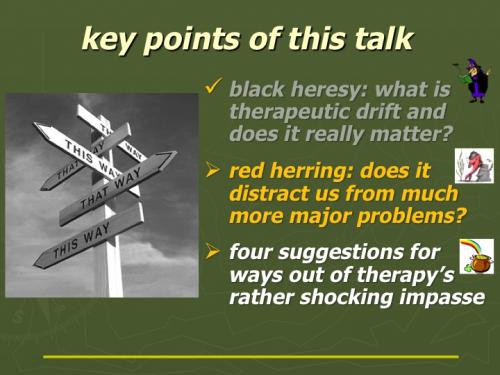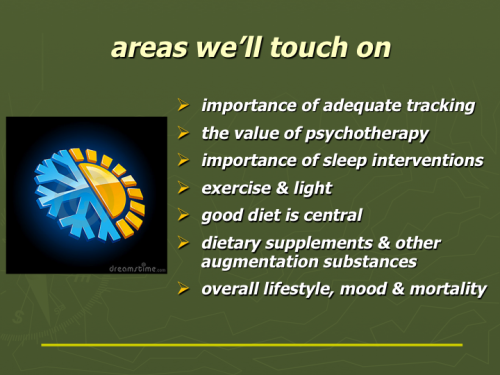Achieving clinical excellence: the ACE 'Becoming a more effective practitioner' conference in Sweden
Last updated on 3rd May 2018
I'm off to Sweden this weekend, seizing the chance for some 'touristing' in Stockholm before taking a train north to the 'Achieving clinical excellence (ACE)' conference in Ostersund. If becoming a more effective practitioner interests you and you can't get to Sweden this May, then there is plenty of opportunity to participate in the conference online.
And now in Ostersund, on the morning of the pre-conference workshop day, I look back very fondly on my brief stay in Stockholm. What a really lovely city it is ... and I felt surprisingly at home (maybe some Viking genes?).




